We've migrated a ColdFusion application from ColdFusion 10 to ColdFusion 2016. After Migration, Application variables are not staying in its scope, it is refreshing on each and every request.
Consider the following example,
Application.cfm
<cfsetting enablecfoutputonly="true" />
<CFAPPLICATION NAME="Test App"
SETCLIENTCOOKIES="YES"
CLIENTMANAGEMENT="YES"
SESSIONMANAGEMENT="YES"
SESSIONTIMEOUT="#CREATETIMESPAN(0,8,0,0)#"
APPLICATIONTIMEOUT="#CREATETIMESPAN(1,0,0,0)#">
<cfdump var="#Application#" label="app">
<CFLOCK SCOPE="APPLICATION" TYPE="EXCLUSIVE" TIMEOUT="10">
<CFSET Application.Email = "test@test.com">
<CFSET Application.DataSource="test">
</cflock>
Test.cfm
<CFLOCK SCOPE="APPLICATION" TYPE="READONLY" TIMEOUT="10">
<cfset Application.one = 1>
<cfset Application.two = 2>
<cfset Application.three = 3>
</cflock>
OnRequestEnd.cfm
<cfsetting showdebugoutput="false" />
<cfdump var="#Application#" label="onRequestEnd">
So if we request /test.cfm
it'll throw the following output

Again refreshing the page also giving the same output

Not sure why the Application scoped variables are losing its persistence.
the following is the expected output..
Any idea of Why the application variables are lost and getting refreshed on each and every request ?
